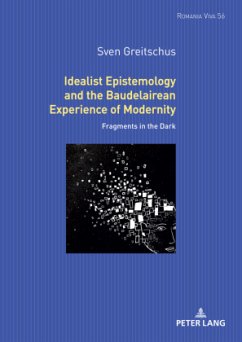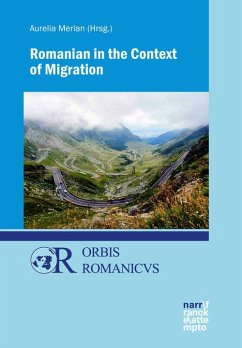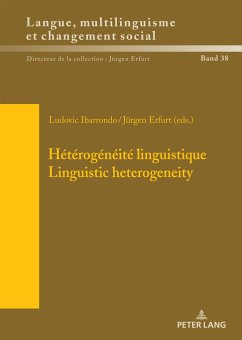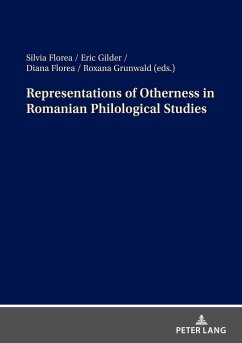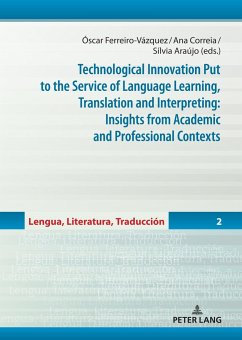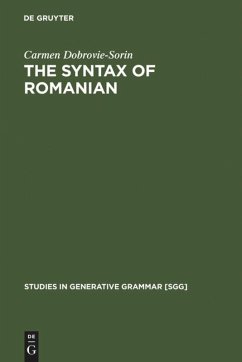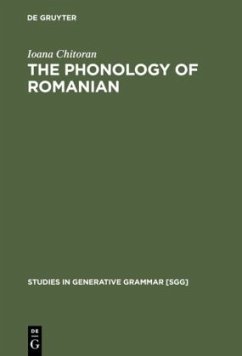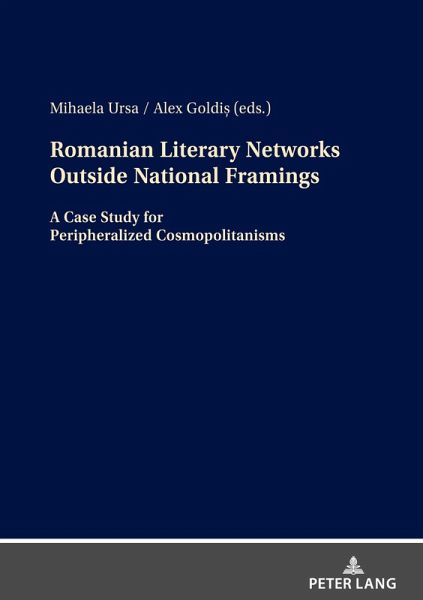
Romanian Literary Networks outside National Framings
A Case Study for Peripheralized Cosmopolitanisms
Herausgegeben: Goldi_, Alex; Ursa, Mihaela
Versandkostenfrei!
Versandfertig in 6-10 Tagen
49,95 €
inkl. MwSt.

PAYBACK Punkte
0 °P sammeln!
With few exceptions, the unsurpassable inequality between cultures on the literary field and in the imaginary Republic of Letters remains underemphasized and a more radical reconsideration is needed with regard to vernacular and peripheral forms of understanding cosmopolitan principles. The contributors voice insufficiently acknowledged cosmopolitan networks, frames, authorial positions, and cultural and literary practices, whose links to the nation-building process of Romanian literature are interwoven with their involvement in creating transnational routes and bridges. The book develops a sy...
With few exceptions, the unsurpassable inequality between cultures on the literary field and in the imaginary Republic of Letters remains underemphasized and a more radical reconsideration is needed with regard to vernacular and peripheral forms of understanding cosmopolitan principles. The contributors voice insufficiently acknowledged cosmopolitan networks, frames, authorial positions, and cultural and literary practices, whose links to the nation-building process of Romanian literature are interwoven with their involvement in creating transnational routes and bridges. The book develops a systemic analysis of the legitimizing mechanisms and evolutionary paths by which semiperipheral literary cultures influence and transform the central ones, but also undermine the privileged position of the latter within the global literary field.






